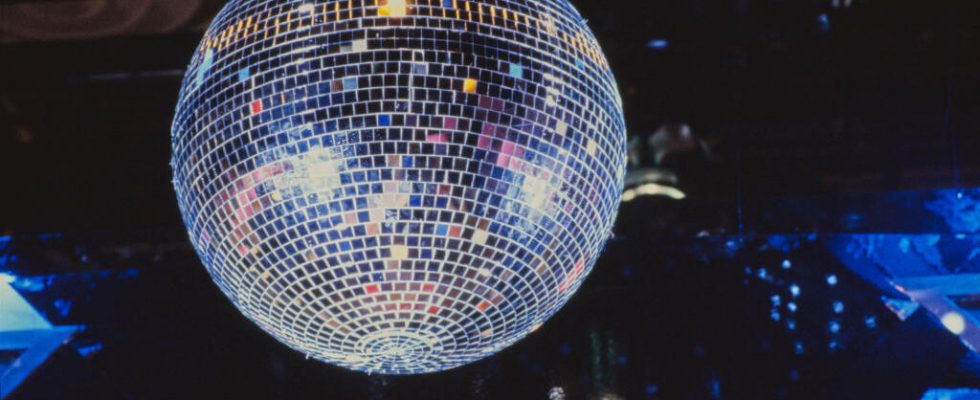This is the choice made by the government of the Brussels region, which thus recognizes the importance of club culture for the Belgian capital region and of the nightlife for Brussels. The culture of clubbing thus joins that of the fritkots, the chip stalls, the flower carpets, the Ommegang, the culture of beer or even that of the giants on the list of intangible cultural heritage in Brussels.
From our correspondent in Brussels,
In the queue at Fuse, one of the most famous nightclubs in the Belgian capital, it is believed that this sanctification of the nightlife is deserved. “ Yes, clearly! For us, Brussels is a fairly young city. Every Friday, I go to Fuse, it’s really traditional and it’s unique in Brussels. »
In charge of this decision, Ans Persoons, Secretary of State for Town Planning and Heritage in the Brussels government. ” We really wanted to give them a helping hand. This shows how important this activity is for the identity of Brussels, the cultural sector, but also for the economy. Being an attractive city is very important for the nightlife sector, a sector that suffered a lot during the Covid period, but also because of noise, because there are a lot of problems with the neighborhood. »
The club Le Fuse had recently decided to close a few weeks after complaints from a neighbor because of the noise. An episode which had highlighted the difficulties of the world of the night to coexist with that of the day. In this context, the inclusion of the culture of clubbing in the intangible cultural heritage of Brussels appears to be a possible step towards more protection for establishments, believes Alya Dirix, coordinator of the Brussels Night Council: “ We are not on individual cases, we are really on an immaterial practice, a culture. What changes today is that there are places that allow this clubbing to exist. And that’s added value. »
